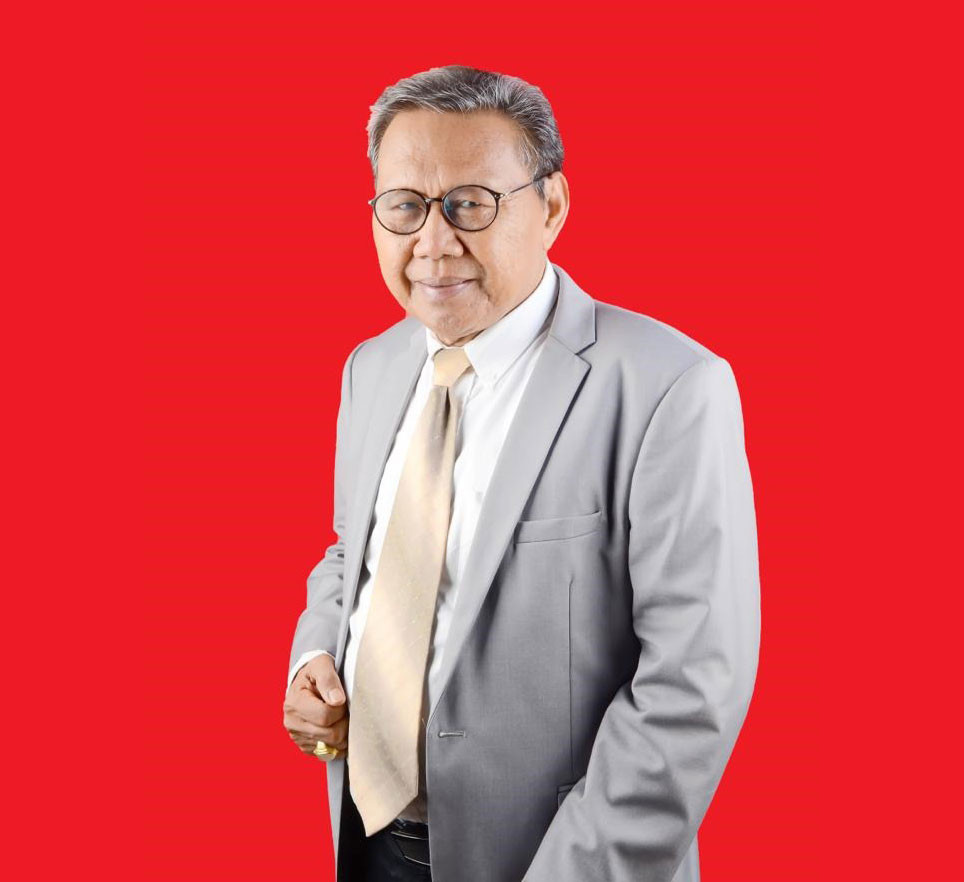Popular Reads
Top Results
Can't find what you're looking for?
View all search resultsPopular Reads
Top Results
Can't find what you're looking for?
View all search resultsConversion of agricultural land for wisdom-based ecotourism in subak
Bali is renowned as an international tourist destination, but mass tourism has exploited the natural resources of the island province without considering sustainability and has marginalized the interests of the local community.
Change text size
Gift Premium Articles
to Anyone
By I Wayan Wesna Astara, I Made Arjaya and Edy Hartaka
Bali is renowned as an international tourist destination, but mass tourism has exploited the natural resources of the island province without considering sustainability and has marginalized the interests of the local community.
Agricultural lands have been converted for the purposes of mass tourism, leading to resistance from the indigenous Balinese community and an initiative to transform the subak traditional water management system into an ecotourism destination.
Redesigning subak as an ecotourism investment, particularly Subak Uma Lambing in Badung regency, aims to create an ecotourism destination based on organic farming. The conversion of agricultural land for ecotourism investment is a process in which farmland is reoriented or converted into ecotourism areas. This initiative involves sustainable land use to attract tourists who wish to enjoy the nature, environment and culture of an area.
According to data from the Badung Agriculture and Food Agency from 2016 to 2018, the conversion of agricultural land in Badung regency has seen a significant increase from originally only 51 hectares to 160 hectares in 2018. This has had consequences for the lives of the people in Badung who largely depend on land, whether for their livelihoods, clothing, shelter, food or religious needs. Given this reality, the local community will always strive to preserve every inch of their land.
Ecotourism investment in Subak Uma Lambing is the result of a collaboration between the local kelian subak (head of subak) and the Green School. Initially, the objective was for the subak to serve as a sociocultural laboratory for Green School students.
Subak Uma Lambing Ecotourism was established in 2018 in collaboration with the Astungkara Way Foundation. Later, the foundation and the Green School developed a close relationship in developing the Uma Lambing ecotourism site. The Astungkara Way Foundation's idea to develop Subak Uma Lambing, in collaboration with the kelian subak, was to work together with Green School and the Astungkara Way Ecotourism Management.
This ecotourism initiative also received the support of the Renuture Foundation for the development of organic farming, with the Astungkara Way Foundation responsible for selling the rice produced in Subak Uma Lambing, primarily to hotels and restaurants. The agreed form of ecotourism is agricultural ecotourism, or agri-ecotourism, according to the kelian subak and Astungkara Way.
Tourism development in Bali has generated special interest in developing ecotourism as an alternative means of improving the welfare of subak communities.
Subak is one of the tourist attractions in Bali, and can be defined as a socioreligious irrigation and agricultural institution that is primarily involved in managing water for year-round crop production, particularly rice, based on Bali’s Tri Hita Karana philosophy (Sutawan, 2008).
Subak are managed by leaders called kelian subak who are responsible for overseeing irrigation in their jurisdiction. Each subak in Bali has the potential to become an ecotourism attraction.
One of these is Subak Uma Lambing, located in Sibang Kaja village in Abiansemal district, Badung regency. This ecotourism site offers authentic, picturesque views of agricultural areas with natural farming activities. Here, tourists are invited to immerse themselves in the lives of farmers, where they can participate in harvesting rice during the harvest season and drying it in the sun for further processing the grain.
Furthermore, more specific regulations governing the protection of agricultural land in Badung regency can be found in Badung Regency Regulation No. 26/2013 on the Badung Regency Spatial Plan 2013-2033. Article 81, paragraph (2), states that the zoning regulation for food crop cultivation areas referred to in paragraph (1)(a) includes safeguarding productive food crop cultivation areas based on subak as sustainable agricultural land.
In developing organic agriculture, the Indonesian government, through Law No. 22/2019 on sustainable agricultural cultivation systems to replace Law No. 12/1992 on plant cultivation systems, emphasizes the need to promote sustainable development in the agriculture sector. This is achieved through farming systems to attain food sovereignty while considering ecosystem support as well as climate change mitigation and adaptation to establish an advanced, efficient, resilient and sustainable agricultural system.
Furthermore, through the Nawacita program, the government has pledged to establish 1,000 Organic Villages, consisting of 600 Organic Food Villages, 250 Organic Horticulture Villages and 150 Organic Plantation Villages (Yuriansyah et al., 2020; Astiko et al., 2020). Indonesia is currently seeing a significant annual increase in organic food consumption of between 20 to 25 percent per year.
I Wayan Wesna Astara and I Made Arjaya are lecturers of the Master of Law postgraduate program at Warmadewa University in Denpasar, Bali. Edy Hartaka is a Master of Law student at Warmadewa University.










